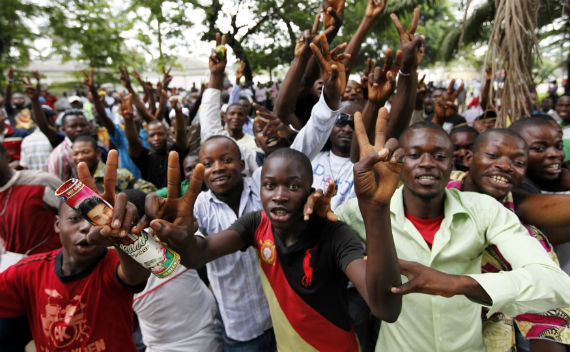Congo-Kinshasa: Ivory Coast Redux?
More on:

There are certain superficial similarities between the aftermath of the November 2010 disputed elections in Ivory Coast and those just concluded in the Democratic Republic of Congo. In both, the two leading candidates each claimed to have won. In Ivory Coast, months of civil war followed before the internationally-recognized president victor Alassane Ouattara defeated Laurent Gbagbo with the assistance of French and UN forces.
In the DRC, incumbent Joseph Kabila and chief challenger Etienne Tshisekedi each claim victory and have scheduled dueling inaugurations. Kabila’s will be on Tuesday, while Tshisekedi has scheduled his for Friday. Meanwhile, Tshisekedi has called on the Congolese security forces and civil servants to stop obeying orders from Kabila and has offered a reward for the capture of Kabila. Meanwhile, the press reports that a Kabila aide has characterized Tshisekedi as following “criminal logic.” On December 16, the Congolese Supreme Court, widely seen as in Kabila’s pocket, upheld his victory.
But, if there are similarities between Ivory Coast and Congo, there are also important differences. The Ivorian elections were held to be credible by the international community, while those in Congo are viewed as deeply flawed. Gbagbo and Ouattara both had standing militias to fight in support of their claims. In Congo, Kabila has the military and security services, but Tshisekedi has no standing militia with which to oppose them. Hence, Tshisekedi’s call on the security and civil services to abandon Kabila.
In Ivory Coast, the army and security services generally supported Gbagbo until his money ran out. As the incumbent with access to the mineral wealth of Congo, it is unlikely that Kabila will need to worry about this.
It remains to be seen whether the security and civil services will respond to Tshisekedi’s call or whether he will carry out his threats to take to the streets. To me, the first is the unlikely and the second is problematic because once unleashed I doubt Tshisekedi could control his rioting supporters.
More on:
 Online Store
Online Store